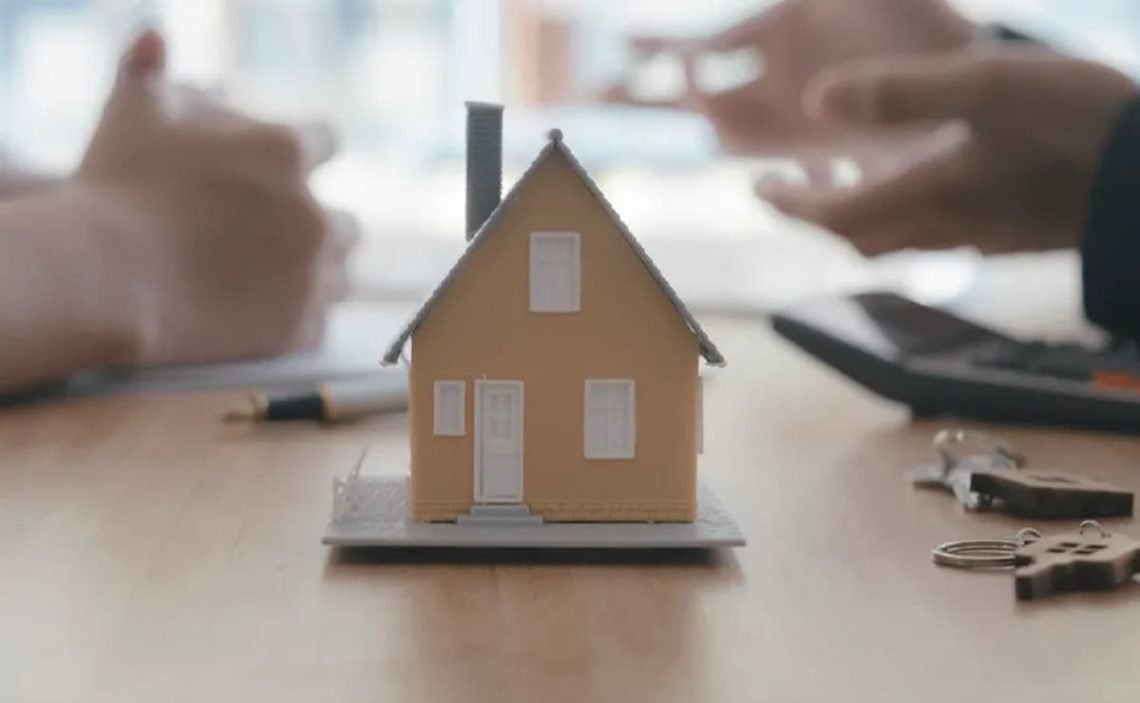In most cases, a down payment is required to complete the purchase of a home for less than appraised value. The good news is that the home now has “immediate value,” It has become an adequate alternative to having a mortgage because it helps build equity.
For some homeowners, this may mean thinking about using the cash from their home to pay off credit card debt, buy a car or cover their children’s college expenses.
How Cash-Out Refinancing Works
Like refinancing your mortgage rate and term, cash-out refinancing involves replacing your current loan with a new one for the same amount that usually has a lower interest rate, a shorter loan term, or both.
You can do the same thing and immediately take out a portion of your home equity with a cash-out refinance.
According to Greg McBride, CFA, chief financial analyst at Bankrate, “Cash-out refinancing is advantageous if you can reduce the interest rate on your primary mortgage and make appropriate use of the funds you withdraw.”
To understand this better, let’s take, for example, that the house is currently worth $30,000, and your mortgage still owes $100,000. In this situation, you have $200,000 of home equity.
Suppose you refinance your current mortgage to get a lower interest rate and plan to use the extra money to renovate the kitchen and bathroom.
You need to have at least $60,000 of equity or the ability to borrow up to $140,000 in cash because lenders usually want you to keep at least 20% of the equity in the home after a cash-out refinance.
The total may be less because you will also have to pay closing costs, such as the appraisal fee.
Benefits of refinancing
You are not obligated to keep the mortgage until you pay it off. Refinancing is useful for homeowners who want to manage their debt and make the most of their biggest assets. The advantages of refinancing include:
Reduce the interest rate
You can reduce your monthly mortgage payments by getting a lower interest rate.
Traditionally, lenders have advised refinancing to homeowners whose interest rates can be reduced by at least 2%, although some lenders recommend this option when you can reduce the interest rate to 1%.
To determine if current interest rates are advantageous, use a mortgage calculator that can be found on the Internet.
Access home equity
Homeowners can use the home equity to get a cash advance from their lender through a cash-out refinance. To get an estimate of the amount of equity you may have in your home, you can use a home sale calculator.
Reduce the length of the loan
Some homeowners can turn their 30-year mortgage into a 15-year mortgage by refinancing. Reduce the loan length if interest rates have dropped significantly or if you can afford a larger monthly payment to accelerate your path to debt-free ownership.
It can increase your credit score
If you refinance with cash and use the proceeds to repay the debt, you could have a noticeable improvement in your credit history if your credit utilization ratio decreases.
The score is strongly influenced by your credit utilization or how much you are borrowing compared to your available credit.
Available Tax Deductions
If you intend to use the money for home improvements and the project meets IRS qualifying conditions, you may benefit from the interest deduction during tax season.
María Laura Landino is a journalist who graduated from Boston University with more than four years of experience in the financial sector. He has been responsible for several research papers published by major universities.
Content Manager of allaboutgroup company. You will find me in job and Finance sections.



